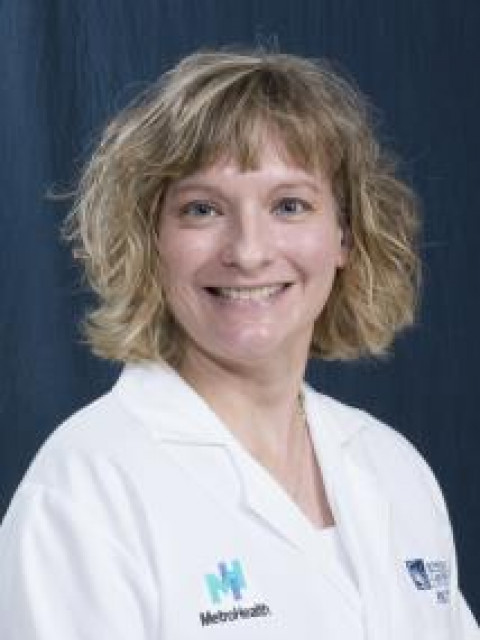
Physician Suicide Tragedy Influences Member’s View of Prioritizing Wellness
by Julie Sterbank, DO, FACOI, MPH
September 14, 2021
Insights From the Wellness Task Force
Today I write to you about something deeply personal and challenging.
As I began to write this piece, I thought about perspective and being taught everything in life has seasons. There are times when we rejoice and celebrate and other times when we experience great challenges both personally and professionally. I’m often thankful not to have a crystal ball to see what’s coming next. Most of us eventually learn the curves can be quite unexpected and difficult to navigate. As amazing as a journey in medicine is, unforeseen things happen that can shake us and change us forever.
Wednesday September 18, 2019 started as an incredibly bright, beautiful, sunny warm day. In this area, truthfully, autumn days don’t get much better. We were “pre-pandemic” which now seems so long ago. Never did I think that by the end of that beautiful day I would be so intimately touched by the tragic loss of a residency classmate of mine, a young vibrant physician colleague and friend, suddenly to suicide. Out of respect to him, his family, and to my colleagues involved, I will not share details other than to say his death happened in such a manner that it directly impacted many of my colleagues and not just me. What I am now able to say after some time has passed, is that his loss hit me hard. Harder than I realized or was even willing to admit at the time.
His death and our devastating loss came at a time when I was beginning to feel some recovery from a handful of significant personal challenges. My father died the previous year, and I had been caring for him in my home. I had just finished my masters degree while continuing to practice full-time medicine. I thought I finally had a breather from some major life stressors. Clearly, I was fooled and didn’t. Life marches on and stops for no one.
Ironically, my Master’s Capstone project was on physician engagement and wellbeing in the context of a known physician shortage in this country. This was a looming public health threat even before the pandemic. I had presented data from the project that suggested our institution was not immune to physician burnout but had levels of symptoms comparable to those nationally. Since my colleague’s death, I am often asked what I think the cause of this problem is and how it can be fixed.
What I can clearly say is this was an extremely complex and very real challenge for all of us in medicine before the pandemic and it’s even more urgent for us to address this now. Solving this problem, like the field of medicine, requires both an individualized response and a broader public health response. We live in a world of tremendous stresses, division, and inequity in healthcare. I can assure you those of us addressing these issues recognize the solution is not to find more resilient physicians.
We do have to find ways to protect ourselves and each other, but we also must partner on a much broader level to find solutions. It may sound cliché, however, it is so very true—we have to protect and care for ourselves first so we are able to give our best to others. A great metaphor for us, for in osteopathic medicine we practice and teach caring for the person as a whole.
We need to be sure we care for ourselves as a whole. Please take that extra moment to reach out to your colleagues. You never know how much someone may need it. And please, help me keep my colleague’s memory and spirit alive by not just talking about these issues, but thinking of and sharing ways with us we can make a difference in this challenge. Not only would we love to hear from you, but we need to hear from you.

